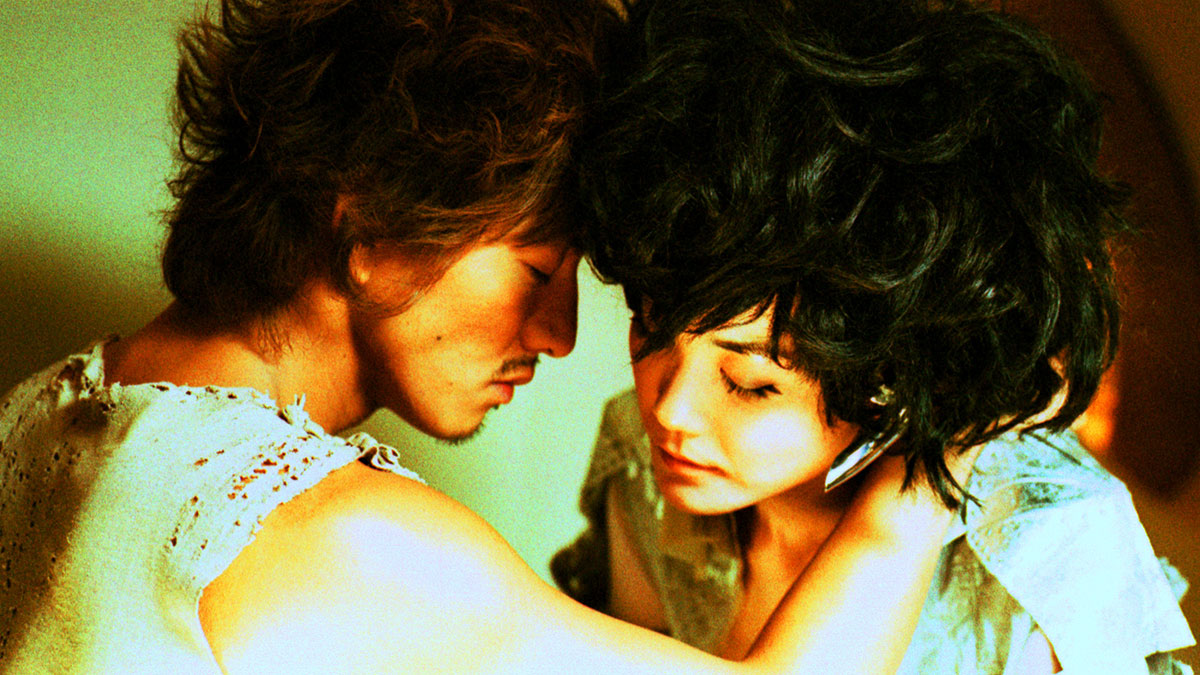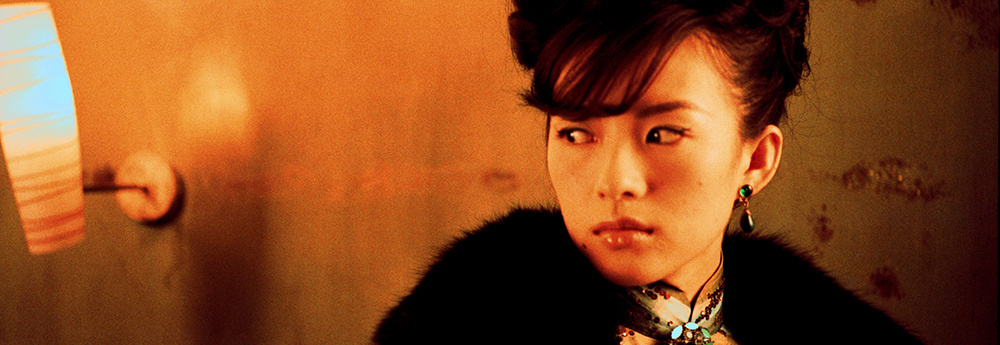
© 2004 BLOCK 2 PICTURES INC. © 2019 JET TONE CONTENTS INC. ALL RIGHTS RESERVED
“2046” Why does Taku/Takuya Kimura ride the train? Capitalism and the anxieties of the times depicted by Wong Kar-wai
2021.06.24
Substitutability of love and “irreplaceable partner”
A series of encounters and farewells between Chau and women, as well as a novel written by Chau. Chau's loneliness emerges from the omnibus-like structure, reminiscent of Kar Wai's masterpiece `` The Chungking Express '' (1994). The more Chau falls in love, the more his obsession with Mrs. Chan becomes apparent, and at the same time he becomes aware of the alternative possibilities of love.
One of the heroines, Bai Ling, is a woman who works at night and becomes attracted to Chau by chance. However, Chau seems to have unconsciously seen a virtual image of Mrs. Chan in Bai. In the taxi, Chow rests his head on Bai's shoulder, but later a flashback is also inserted where Bai's appearance changes to Mrs. Chan (although in In the Mood for Love, Mrs. Chan rests her head on Bai's shoulder). ). What made Bai different from Mrs. Chan was that in the end, she could not be Mrs. Chan for Chan. In the end, Chow betrays Bai, who loves him.
“In the Mood for Love” preview
After Bai leaves, Chau falls in love with the manager's eldest daughter, Wang. Wang, who was in a romantic relationship with a Japanese man (Takuya Kimura), continues to communicate with her lover through Chow in order to avoid the attention of her father, who hates Japanese people. Meanwhile, Wang, who had been writing novels as a hobby, started working as Chau's assistant. This is a repeat of what Mrs. Chan helped Chow write in ``In the Mood for Love,'' and as expected, Chow is attracted to Wang. However, that love never came to fruition.
After hearing about Wang's marriage, Chau thought back to the woman he once met in Singapore, a gambling man. Her name is Su Lichen, the same as Mrs. Zhang. The two people who were supposed to have loved each other could not be together because Sue had a mysterious past, and also because Chow wanted Mrs. Chan in Sue. In 1969, Chow visited Singapore again, but the two never met again.

“2046” © 2004 BLOCK 2 PICTURES INC. © 2019 JET TONE CONTENTS INC. ALL RIGHTS RESERVED
Although Chow likes the women, he learns that there is no one who can replace Mrs. Chan, and at the same time, he learns that love itself can be replaced. The most severe case was actually Bai, who loved Chow more than anyone else. Chau and Bai exchange $10 each time they exchange pillows -- the equivalent of one of Chau's manuscripts. In other words, for Chau, Bai was an option, and ultimately a product. Or maybe not just Bai, but all the women who appeared in front of Chau--because she wasn't the irreplaceable Mrs. Chan--were just one of many options for him.
In the 1990s, Hong Kong achieved rapid growth into one of Asia's leading economic cities. Looking back, Kar-Wai can be said to be an author who has depicted how capitalism and love are extremely closely intertwined and inseparable in modern/contemporary society, as is particularly evident in ``The Chungking Express.'' The possibilities of love are endless, there are many options, and sometimes money even intervenes. ``2046,'' set in Hong Kong in the 1960s, reflects this alternative possibility of love in modern capitalist society.

